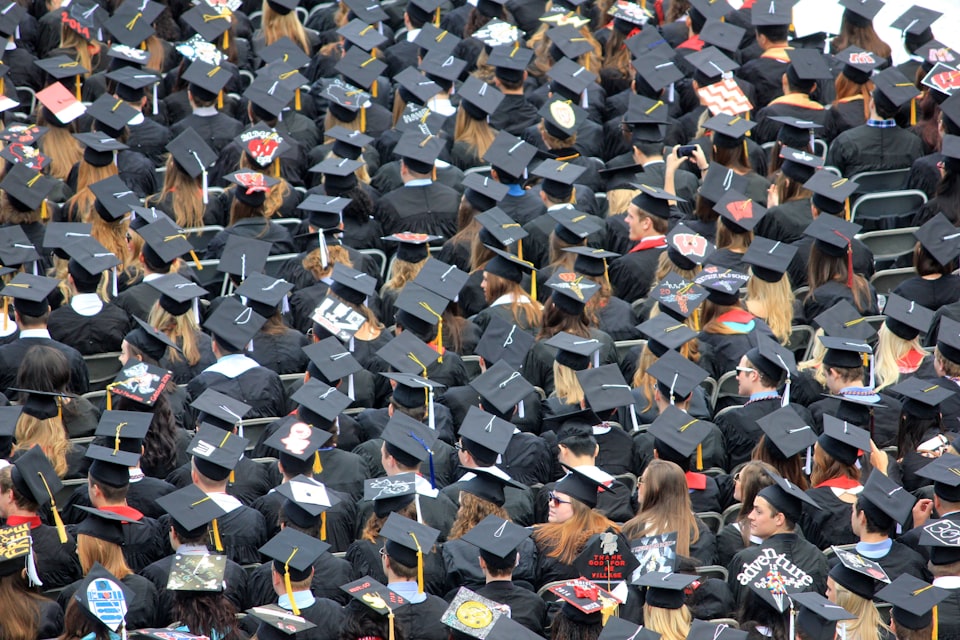American institutes of higher learning are renowned worldwide for their quality of instruction and research. They are also celebrated for the academic freedom and freedom of expression they afford to their faculty and students. These institutions play a pivotal role in providing opportunities for the young, recent arrivals, and those who are socially and economically disadvantaged, enabling them to enter the middle class.
Academia, by its very nature, is liberal. Faculty and students diligently work to ask questions and provide answers, challenging everything from authority to natural phenomena. Liberal ideas and ideologies have historically found sanctuary on college campuses. Over the past decade, conservative and traditional forces in society have closely observed and commented on this trend with increasing interest.
Recently, there has been a surge in violence in the Middle East, specifically the ongoing conflict in Gaza that began with a Hamas offensive on October 7th and the subsequent Israeli counteroffensive. This conflict has resulted in an unprecedented level of violence against civilians and has far-reaching global strategic consequences. Such a crisis is bound to evoke strong emotions. It didn't take long for expressions of anger and fear to spread on social media and reach academic campuses worldwide.
The central issue in the Middle East for nearly a century has been the Israeli-Palestinian conflict. This topic is not new to US campuses. Scholars, highly intelligent and motivated, have been researching and debating the subject from every conceivable angle for decades. Students have also been staging protests on campus for a considerable period. So, why does the current situation feel different?
Organizations like Hamas and Hezbollah have violent and conservative leanings, leading to their automatic exclusion from college campuses without the need for debate. On US campuses, Muslim, Arab, and Palestinian students constitute the core of sympathy for the Palestinian cause, yet they are a minority, often marginalized and facing additional challenges in areas such as admission, funding, employment, and housing. Some of them have even been victims of hate crimes. It is safe to conclude that they are the least likely candidates to introduce an atmosphere of fear and hate to the campus environment. They understand all too well that a strong reaction from authorities could jeopardize their educational achievements and careers.
Every individual on campus and in society possesses an unalienable right to form and express opinions non-violently. Campuses permit and encourage the exercise of these rights without question. However, this does not mean that students should switch to autopilot when expressing their views. Protests can be misinterpreted, hijacked, or infiltrated by individuals intent on destabilizing the academic establishment.




